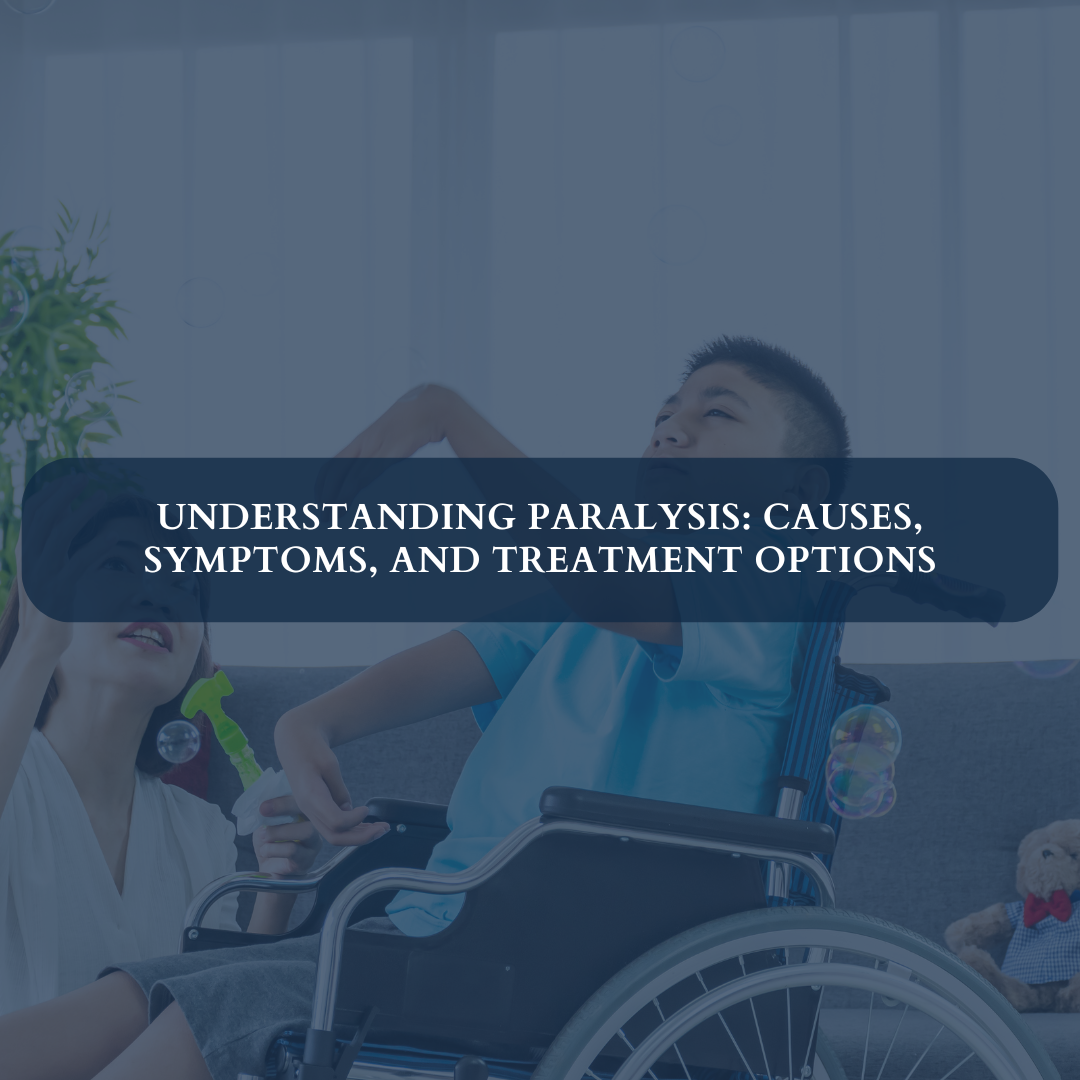Paralysis is a complex medical condition that affects millions of people worldwide. It can result from various causes and manifests in different forms, ranging from partial to complete loss of muscle function. Understanding the underlying factors, symptoms, and available treatment options is crucial for both patients and caregivers. In this comprehensive guide, we’ll delve into the intricacies of paralysis, shedding light on its causes, symptoms, and potential treatments.
What is Paralysis?
Paralysis refers to the loss of muscle function in one or more parts of the body. It occurs when there is a disruption in the communication between the brain and the muscles. This disruption can stem from damage to the nervous system, which includes the brain, spinal cord, and peripheral nerves. Depending on the extent and location of the damage, paralysis can be temporary or permanent and may affect various body functions, including movement, sensation, and control of bodily functions.
Causes of Paralysis
Paralysis can result from a wide range of causes, including:
1. Traumatic Injuries
Traumatic injuries, such as those sustained in car accidents, falls, or sports-related incidents, are common causes of paralysis. These injuries can damage the spinal cord or nerves, leading to loss of motor function.
2. Stroke
Stroke occurs when blood flow to the brain is interrupted, either due to a blockage or a ruptured blood vessel. This interruption deprives the brain of oxygen and nutrients, leading to brain damage and paralysis in certain parts of the body.
3. Spinal Cord Injuries
Damage to the spinal cord, resulting from trauma, disease, or degeneration, can cause paralysis below the level of injury. Spinal cord injuries disrupt the transmission of signals between the brain and the rest of the body, resulting in loss of sensation and motor function.
4. Neurological Disorders
Certain neurological disorders, such as multiple sclerosis, cerebral palsy, and Guillain-Barré syndrome, can cause paralysis by affecting the nervous system’s functioning.
5. Infections
Infections of the spinal cord or brain, such as meningitis or polio, can lead to paralysis if left untreated and allowed to progress.
Symptoms of Paralysis
The symptoms of paralysis vary depending on the underlying cause and the extent of nerve damage. Common symptoms include:
- Loss of sensation in the affected area
- Inability to move the affected muscles
- Muscle stiffness or spasticity
- Loss of bowel or bladder control
- Difficulty breathing (in severe cases)
The symptoms may be localized to a specific area of the body or may affect larger regions, depending on the extent of nerve damage.
Treatment Options for Paralysis
While paralysis can be a debilitating condition, several treatment options are available to manage symptoms and improve quality of life. These may include:
1. Physical Therapy
Physical therapy plays a crucial role in rehabilitation for individuals with paralysis. It aims to improve muscle strength, flexibility, and mobility through targeted exercises and techniques.
2. Medications
Medications such as muscle relaxants, pain relievers, and anti-spasticity drugs may be prescribed to manage symptoms associated with paralysis.
3. Assistive Devices
Assistive devices, such as wheelchairs, braces, and orthotic devices, can help individuals with paralysis maintain independence and mobility.
4. Surgery
In some cases, surgery may be recommended to relieve pressure on the spinal cord, repair damaged nerves, or stabilize fractured vertebrae.
5. Experimental Treatments
Researchers are continually exploring new treatments for paralysis, including stem cell therapy, nerve regeneration techniques, and brain-computer interfaces.
Also Read
5 Stroke Paralysis Treatments That Provide Hope for Recovery
Conclusion
Paralysis is a complex condition that can have profound effects on an individual’s life. By understanding its causes, symptoms, and treatment options, patients and caregivers can make informed decisions and take proactive steps towards managing the condition effectively. While there is no one-size-fits-all approach to treating paralysis, ongoing research and advancements in medical technology offer hope for improved outcomes and quality of life for those affected by this challenging condition.
Ready to explore your options for chiropractic and physiotherapy? Contact SwastyaPhysio today to schedule a consultation and discover the best path to your wellness journey. We’re here to support your health every step of the way.
Banaswadi | HBR layout | Kalyan Nagar | Kammanahalli | Horamavu | Hennur






